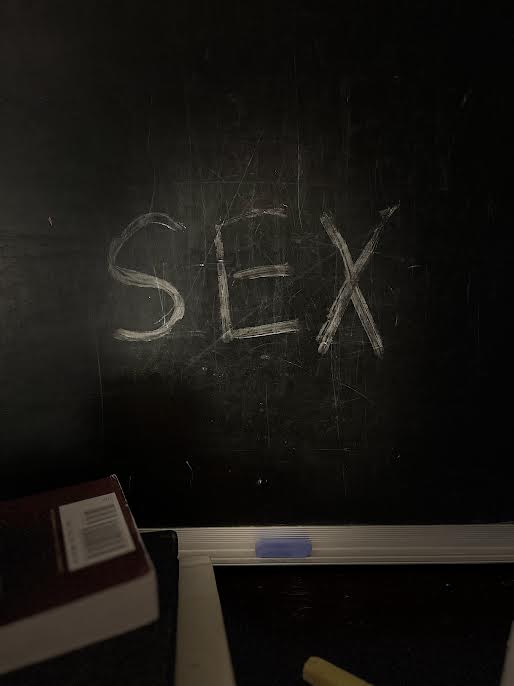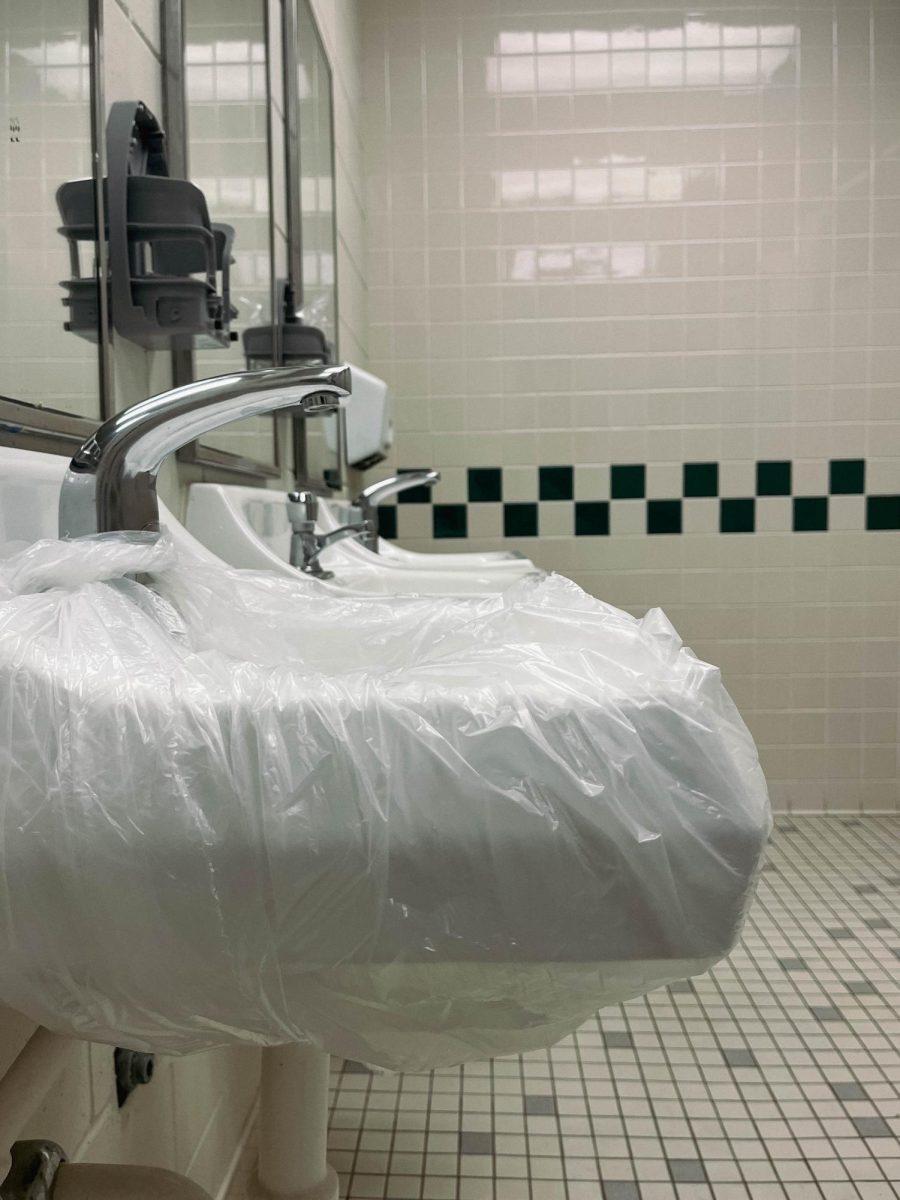The American Academy of Pediatrics states that 55% of United States high school students report having sexual intercourse by the age of 18, a leading reason why reproductive education is taught while students are still in high school.
Section 28.004 of the Texas Education Code requires school districts to deliver health education TEKS (Texas Essential Knowledge and Skills) at elementary and secondary school levels. However, once students reach high school, health courses are offered as electives, and not a requirement for graduation, but can be, based on the district’s and community values’ discretion.
Within TEKS, health education is required to include some instruction on anatomy, contraception, and STIs, as well as emphasis on abstinence. There is no requirement within the Texas Education Code, however, for information to be medically accurate, or to include the importance of consent.
Despite this, the conversation circulating the education community over possible edits to reproductive curricula, such as the inclusion of consent, has presented a series of positive impacts.
Harvard Graduate School of Education states that discussing concepts surrounding consent (mind, body and touch) with children teaches them the importance of boundaries, helping them to understand that they have the right to set them even from a young age.
Reproductive education should become more complicated as children grow into adolescence, including discussions about how consent is impacted when they are under the influence of substances.
The Harvard Graduate School of Education explained that educating high school students about the effects of substance usage and abuse can have on mental clarity, and the role this can play when giving consent can prepare them for real-life decision-making. Having a better understanding of consent, will then, in turn, give you a better understanding for when that consent is violated.
Although innovation within public reproductive education has grown in recent years, many districts have yet to make these changes, resulting in severe consequences, such as rapidly rising numbers of sexual assault, teen pregnancy and STIs.
Boston University released an article, titled “There’s No Such Thing As Sex Without Consent,” stating that sexual intercourse without clear consent is rape, and if as a society we do not take steps to collectively respect consent, dangerous situations such as this will always exist. Attacking the problem before it begins, in the elementary school classroom, and is a step in the right direction to prevent these types of circumstances.
Despite the severity of the consent issue, social phenomena have also become an obstacle within public sexual education. The COVID-19 pandemic, for example, has become a hindering factor to the education of adolescents globally, resulting in the stunt of social-emotional skills.
The National Center for Education Statistics conducted a survey, discovering that 84% of public schools reported that in a post-pandemic classroom, student behavior had been negatively impacted, and 87% reported that the pandemic correlated to issues surrounding social-emotional development.
Impaired social-emotional growth leads directly to chronic consequences surrounding the later development of a child, especially as they gradually enter adulthood.
The National Library of Medicine stated in a 2021 study, that of the 378 high schools surveyed, 58.2% of adolescents reported that the COVID–19 pandemic had negatively affected both sexual health and relationships.
The concept of changing and implementing reproductive education is not simply to recover from the losses the education had suffered by the pandemic, but to improve the fundamental education students are receiving, especially within DSISD.
Hays Free Press, a local newspaper, covered the Oct. 23, 2023 DSISD and SHAC (School Health Advisory Council) board meeting, sharing the DSISD Board’s decision to table the proposition to make a health course required for graduation at DSHS. The board’s reasoning behind this decision was the proposed course’s duration, impact on elective options, and potential student scheduling conflicts.
Despite reasonable failed attempts to implement and require education throughout a minor’s development– as a child, through adolescence and early young adulthood– this research indicates that current procedures for teaching reproductive education need to be edited to children’s needs and begin earlier in a child’s education for their safety.
Although changes need to be made, parental consent to what information is presented to a child is an aspect of this equation that cannot be ignored. House Bill 1525 instated an “opt-in policy,” requiring written parental consent before beginning reproductive curriculum, an option caregivers deserve.
By compromising a middle ground between parents who wish to provide this education themselves, and those that support in-school curriculum, adjustments and stronger implementation can be made to this curriculum with respect to both parents, and for the benefit of their children.
If as a society, we do not continue to make efforts to educate young adults about reproductive health, we are jeopardizing the well-being of our prosperity. We must take the first step, and give them access to this information in a professional and qualified curriculum. If we prolong finding a solution, it will not result in mere consequences for DSISD, the state of Texas, or even the United States, but will escalate into a severe global issue.
















